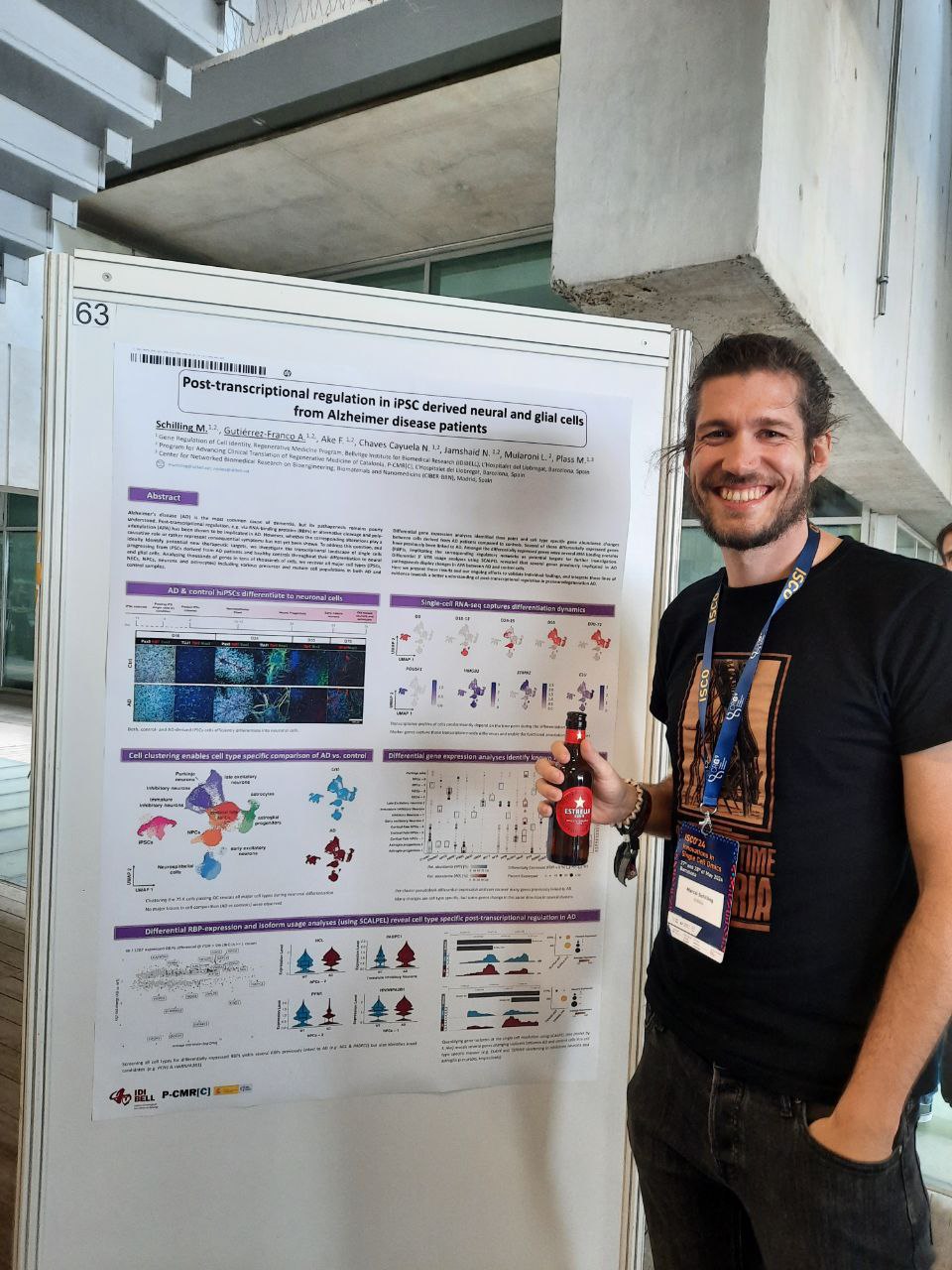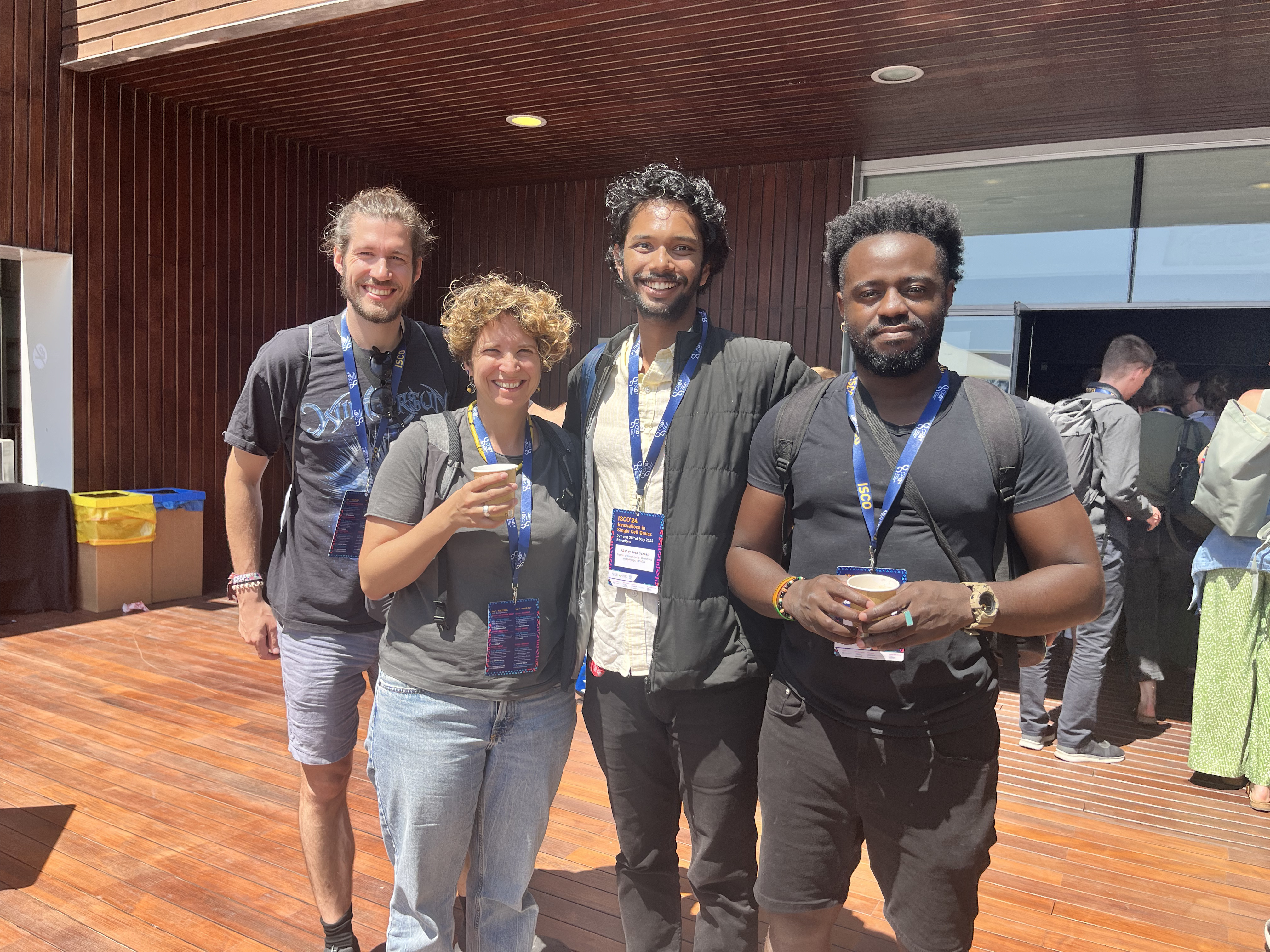Abstract
Alzheimer’s disease (AD) is the most common cause of dementia, but its pathogenesis remains poorly understood. Post-transcriptional regulation, e.g. via RNA-binding proteins (RBPs) or alternative cleavage and poly-adenylation (APA) has been shown to be implicated in AD. However, whether the corresponding alterations play a causative role or rather represent consequential symptoms has not yet been shown. To address this question, and ideally identify potential new therapeutic targets, we investigate the transcriptional landscape of single cells progressing from iPSCs derived from AD patients and healthy controls throughout their differentiation to neural and glial cells. Analysing thousands of genes in tens of thousands of cells, we recover all major cell types (iPSCs, NECs, NPCs, neurons and astrocytes) including various precursor and mature cell populations in both AD and control samples. Differential gene expression analyses identified time point and cell type specific gene abundance changes between cells derived from AD patients compared to controls. Several of those differentially expressed genes have previously been linked to AD. Amongst the differentially expressed genes were several RNA binding proteins (RBP)s, implicating the corresponding regulatory networks as potential targets for further investigation. Differential 3’ UTR usage analyses using SCALPEL revealed that several genes previously implicated in AD pathogenesis display changes in APA between AD and control cells. Here we present those results and our ongoing efforts to validate individual findings, and integrate these lines of evidence towards a better understanding of post-transcriptional regulation in preneurodegeneration AD.
The third edition of this conference was the second time it took place in Barcelona and the first time I attended. I got the opportunity to present our work as a poster and got valuable input during the poster sessions. Thanks to everybody that showed interest in my project.
I also got to meet a lot of new (local) people in the field of single-cell research and an opportunity to catch up with lots of past co-workers and collaborators.
I really enjoyed the talks and the format of the conference and I would love to return next year in Berlin and/or 2026 in Barcelona again.

